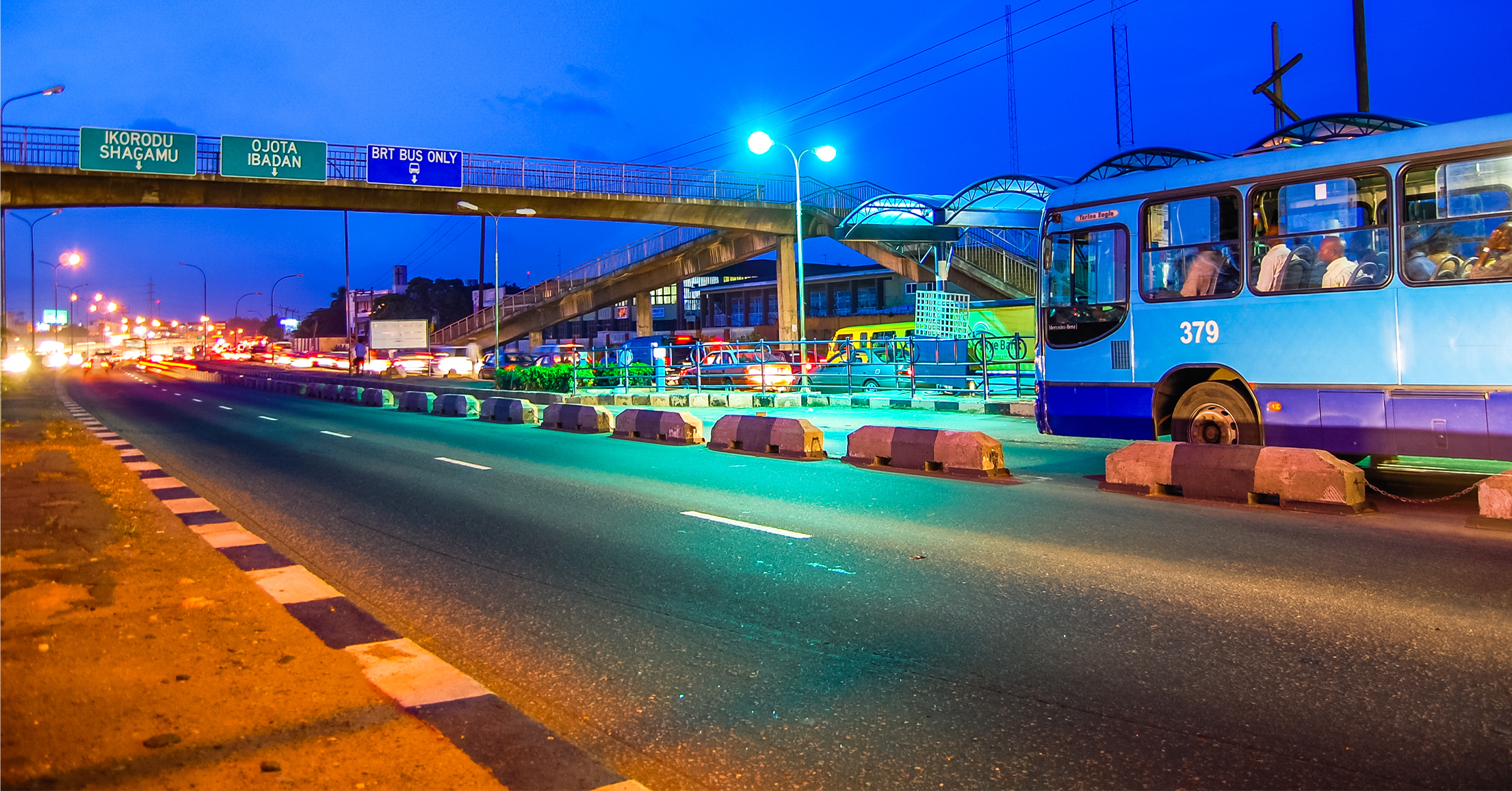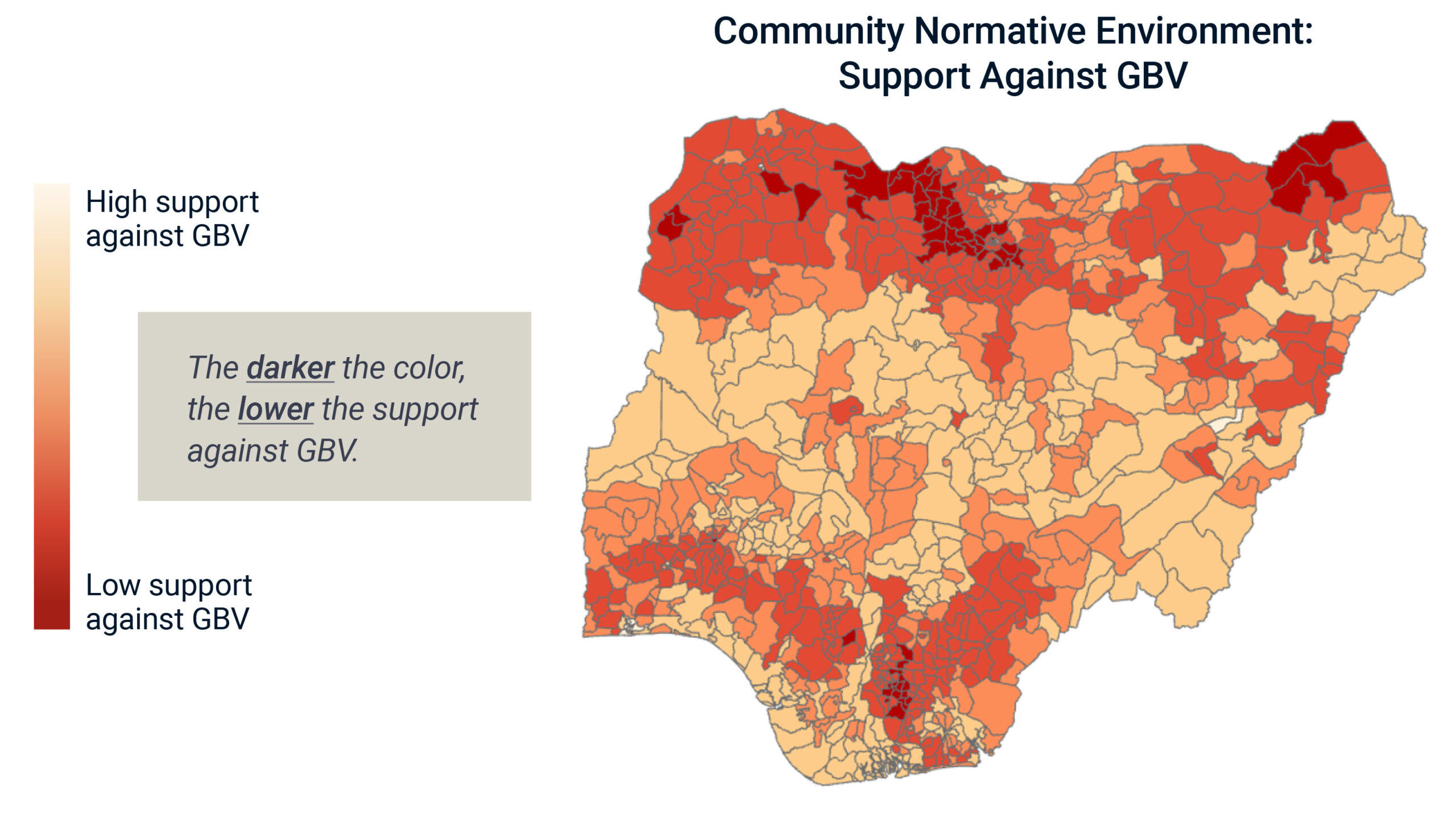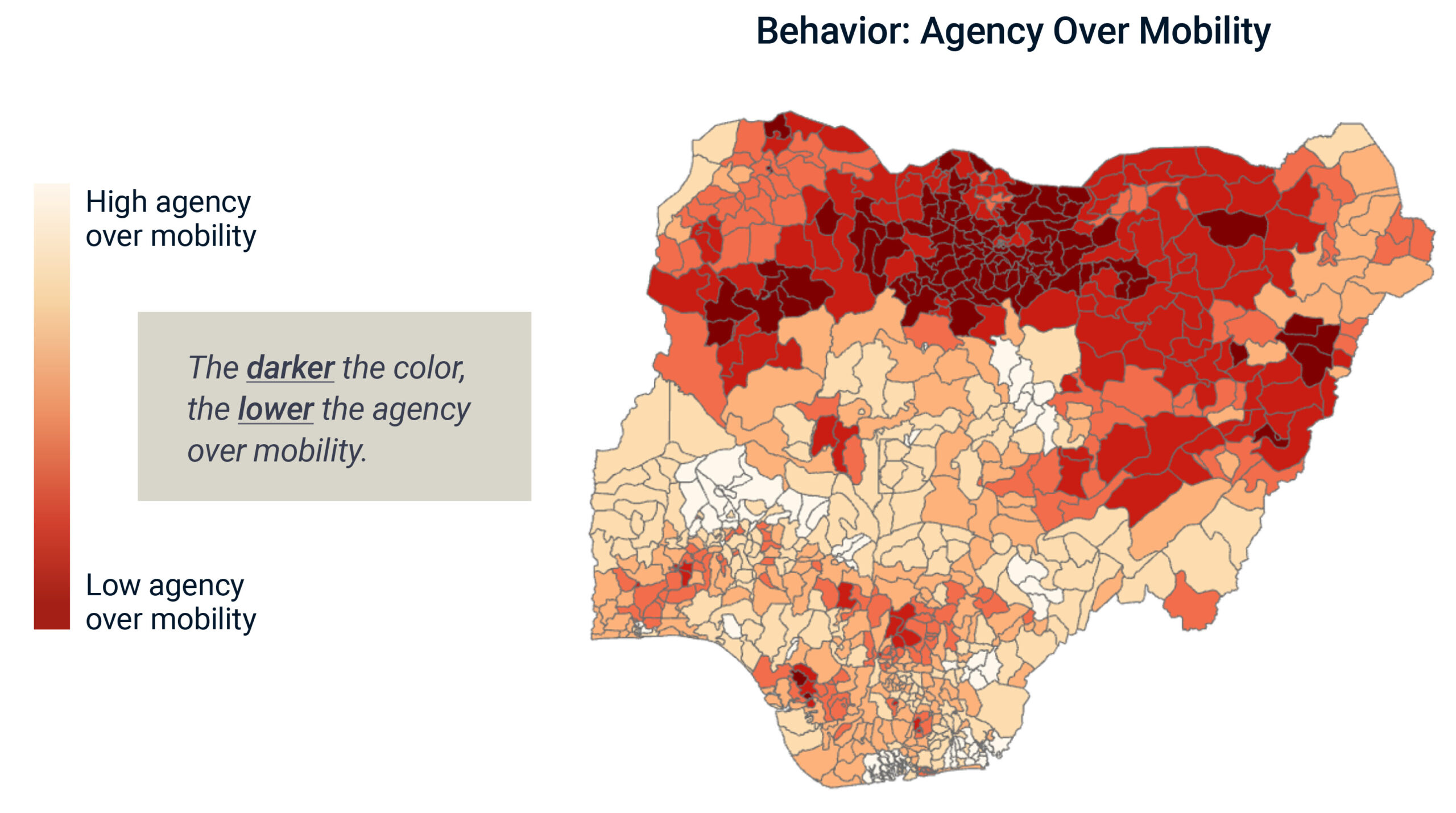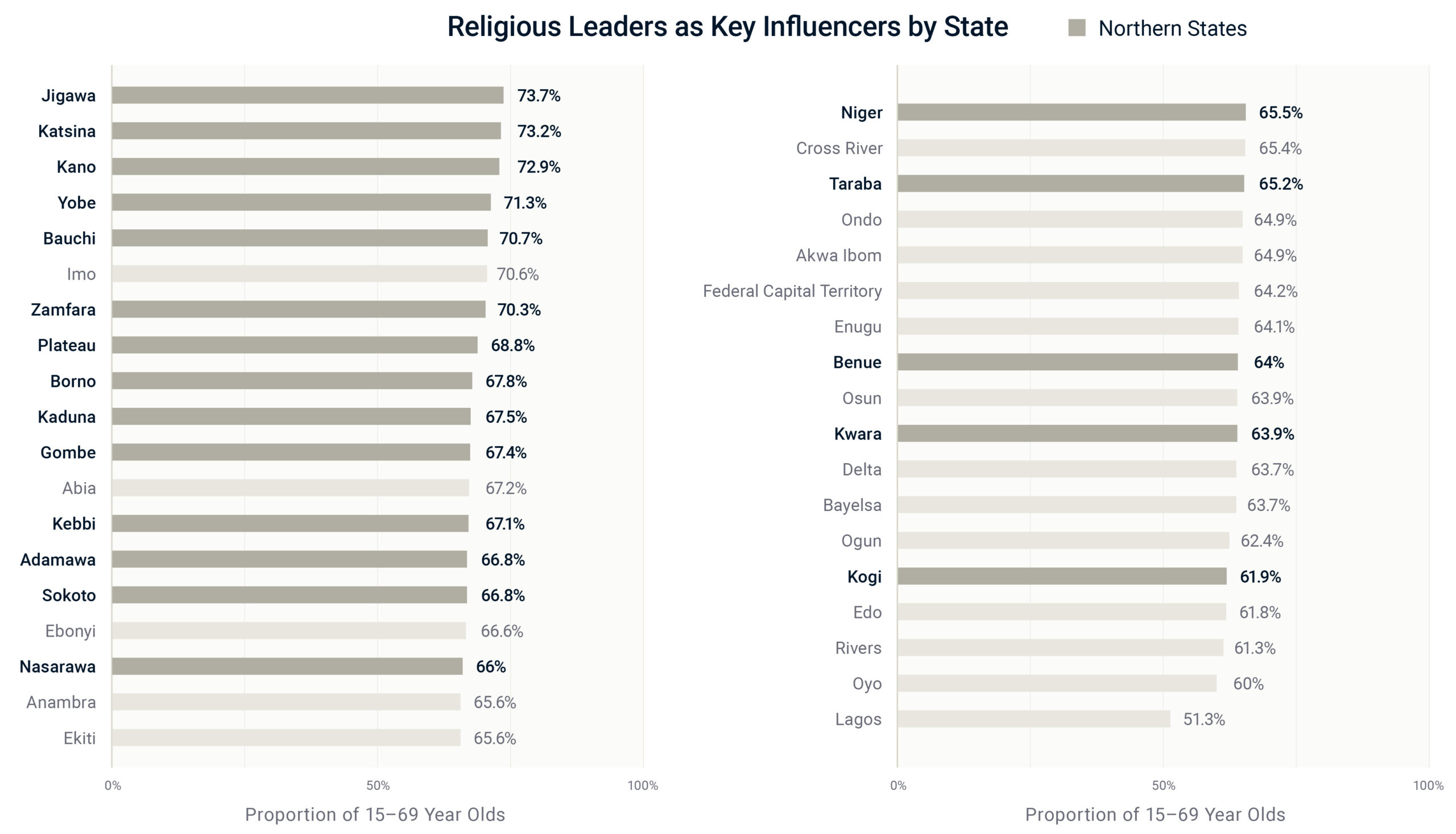What Powers Fraym’s Gender Data Engine


How do norms affect AGYW’s ability to move freely?
Fraym’s Gender Norms Data Engine generates unprecedented insights into the adolescent girl and young woman’s (AGYW) experience in Nigeria. In our latest brief, we explore the role of gender norms in an AGYW’s freedom of movement. Agency over mobility is crucial for adolescent girls and young women in places like Nigeria as it empowers them with independence and enables opportunities for education and employment.
However, pervasive gender norms that shape societal expectations often restrict the freedom of girls and women, limiting their ability to move freely and make choices about their own lives. We found this correlates to the perpetration of violence against them.
Where are gender norms more or less supportive of GBV?
Of the 21.2 million adolescent girls and young women in Nigeria, Fraym finds that only 3.6 million (or 17%) live in communities with norms against gender based violence. The vast majority live in communities where gender norms perpetuate violence.

How does this compare to AGYW’s agency over their mobility?
Fraym finds that nationally, 30% of adolescent girls and young women have agency over their mobility1. However, there are significant differences at the local government area (LGA) level, ranging from as low as 14% to as high as 46%.

Finding: We find there is a relationship between norms around GBV and AGYW’s agency over mobility1. Adolescent girls and young women who live in communities less supportive of GBV are more likely to have freedom of movement or agency over their mobility.
Finding: Location matters. A lack of agency over mobility is largely concentrated in the north of Nigeria, which corresponds to areas with low normative support against GBV.
How can we change this?
Influencers can play a crucial role in reshaping gender norms by using their platforms to advocate for equality, challenge stereotypes around use of violence against women and girls, and promote inclusivity.

Potential Action: Leveraging the influence of religious leaders in Nigeria, particularly in the northern states, can offer a key strategy to reshape societal norms regarding gender-based violence and facilitate AGYW’s agency over their mobility. They can promote positive messages and condemn gender-based violence as a trusted figure in the community.
Shifting norms and empowering young women with agency over their mobility enhances their ability to attend school, build social networks, and work outside the home. Ultimately, promoting agency over mobility is an essential step towards creating more inclusive and equitable societies in Nigeria, and beyond. Insights from the Data Engine measure the gaps in agency and identify norms as a barrier to direct critical programming and accelerate progress.
To learn more or connect with the team, email Melissa Persaud at [email protected].
1Agency over mobility is defined as not needing permission to visit all four of the following locations: markets, family or neighbors, school or workplace, health centers.